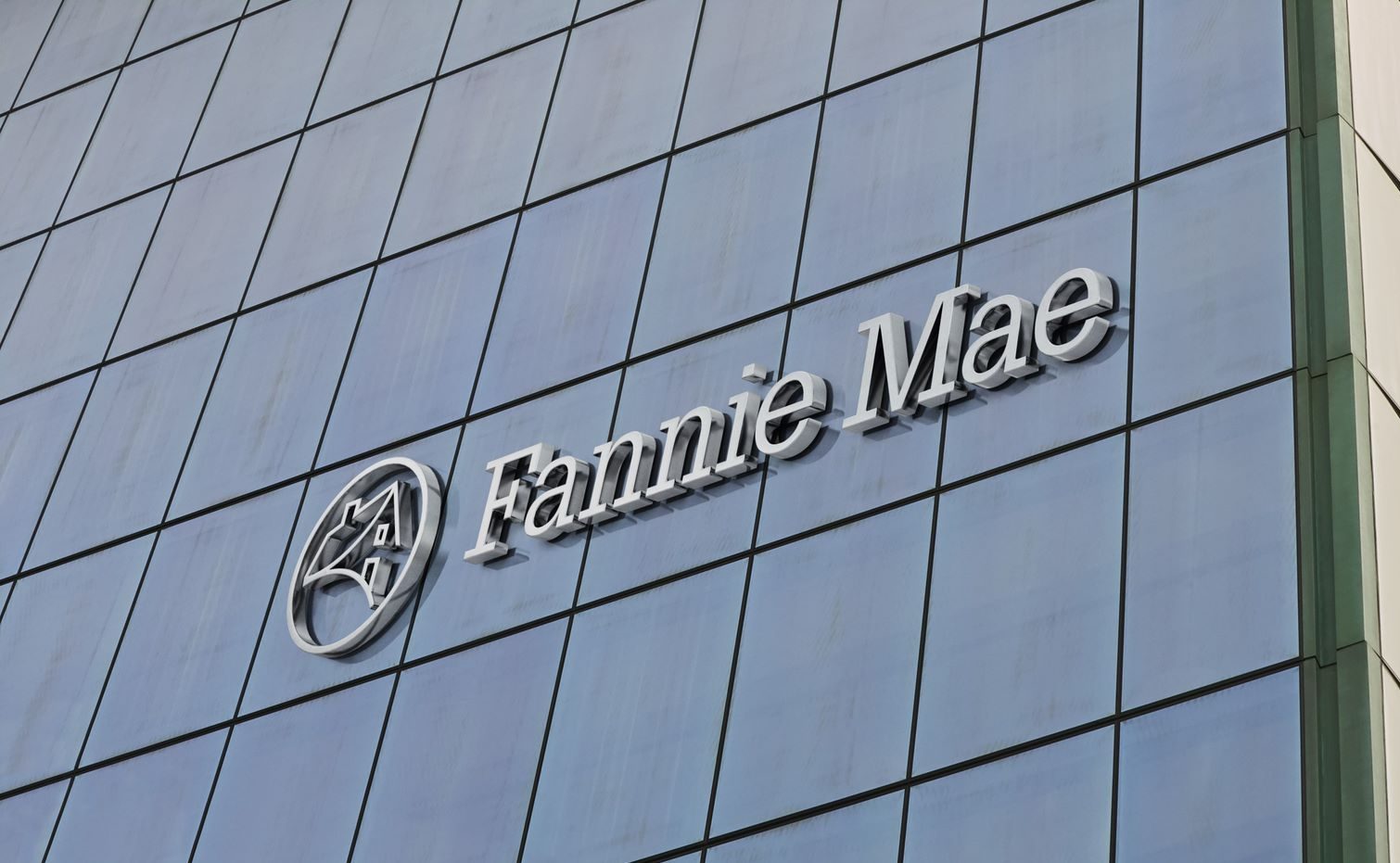""Fannie Mae"":http://www.fanniemae.com/portal/index.html closed 2012 with a bang, according to the GSE's Q4/annual earnings report.
[IMAGE]The report shows the mortgage behemoth earned a quarterly net income of $7.6 billion in Q4 and an annual net income of $17.2 billion throughout 2012. Both figures represent the largest quarterly and annual net incomes in the company's history.
Fannie Mae credited last year's growth to improved credit results driven by a decline in serious delinquency rates, an increase in home prices, and higher sales prices on Fannie Mae-owned properties. The company's ""agreements with Bank of America"":https://themreport.com/articles/bofa-fannie-mae-resolve-repurchase-claims-2013-01-07 to resolve repurchase claims--which saw BofA paying more than $10 billion--also played a role.
""Solid business fundamentals such as improving performance of our book of business and improvements in the housing market led us to report the largest annual and quarterly net income in the company's history,"" said Susan McFarland, EVP and CFO for Fannie Mae. ""We expect to remain profitable for the foreseeable future and return significant value to taxpayers.""
[COLUMN_BREAK]The company's secondary market share pulled back somewhat in Q4 to 48 percent (compared with 54 percent in Q4 2011 and 49 percent for all of 2012). Fannie Mae still remains the largest single issuer of single-family mortgage-related securities in the secondary market, however.
On the multifamily side, the company owned or guaranteed approximately 22 percent of total outstanding debt as of December 31, 2012.
The company also reported a decrease in its loan loss reserves to $62.6 billion (from $76.9 billion at the end of 2011). With delinquency rates improving, Fannie Mae expects the downward trend to continue for the near future, while profits should remain healthy.
""Our financial results improved significantly in 2012 and we expect our earnings to remain strong over the next few years,"" said Timothy J. Mayopoulos, president and CEO. ""We have taken a number of actions since 2009 to manage our legacy book of business, build a healthy new book of business with responsible underwriting standards, price appropriately for risk, and reduce uncertainty by resolving outstanding issues.
""These actions have helped to strengthen our financial performance and to support the housing recovery by enabling families to buy, refinance, or rent a home even during the housing crisis,"" he added.
For the full year, Fannie Mae paid $11.6 billion in dividends to Treasury under the senior preferred stock purchase agreement between the two organizations. Factoring in the GSE's $4.2 billion payment made in the first quarter of 2013, Fannie Mae has paid Treasury $35.6 billion in dividends.

 theMReport.com Your trusted source for mortgage banking news
theMReport.com Your trusted source for mortgage banking news








